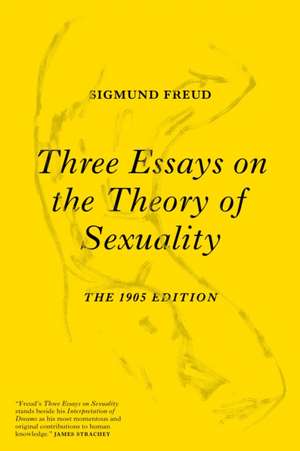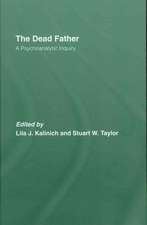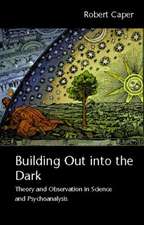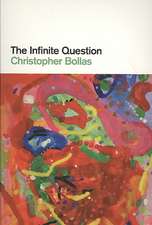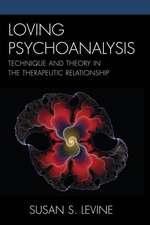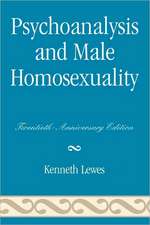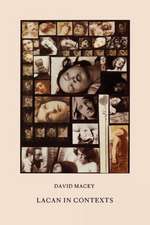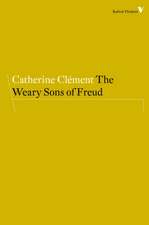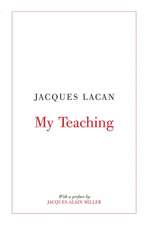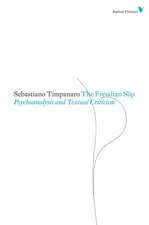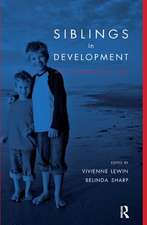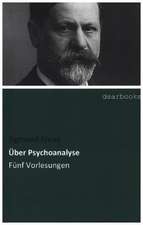Three Essays on Sexuality
Autor Sigmund Freuden Limba Engleză Paperback – 3 oct 2016
The traditional story about the historical origins of Freudian psychoanalysis implies that the Oedipus complex was part of Freudian theory from the very beginning. However, in this first edition of "Three Essays on Sexuality," first published in 1905 and never before translated into English, we find no reference whatsoever to the Oedipus complex. Is there a Freudian psychoanalysis that is not Oedipal?
This first version of Freud s "Three Essays" articulates just such a non-Oedipal psychoanalysis. As such, it still has a definite emancipatory potential; Freudian psychoanalysis is not Oedipal in its very nature. It is only from 1909 onwards that psychoanalysis tends to become a sophisticated defence of what Freud first called the popular opinion about sexuality. It was precisely this popular opinion that psychoanalysis originally was meant to deconstruct. Is there a Freudian escape that is an escape that remains not so much within Freudian orthodoxy, but at least within its inspiration from this impasse?
If Freud has respected more systematically his own original thesis, could it be that the Oedipus complex wouldn t be the shibboleth of psychoanalysis? Not only is this first edition less Oedipal than is generally believed, but it also contains the elements for thinking a non-Oedipal psychoanalysis; a Freud against Oedipus.
Introduction by Philippe Van Haute"
Preț: 148.14 lei
Nou
Puncte Express: 222
Preț estimativ în valută:
28.35€ • 29.67$ • 23.59£
28.35€ • 29.67$ • 23.59£
Carte disponibilă
Livrare economică 10-24 martie
Preluare comenzi: 021 569.72.76
Specificații
ISBN-13: 9781784783587
ISBN-10: 1784783587
Pagini: 176
Dimensiuni: 210 x 142 x 17 mm
Greutate: 0.26 kg
Editura: VERSO
ISBN-10: 1784783587
Pagini: 176
Dimensiuni: 210 x 142 x 17 mm
Greutate: 0.26 kg
Editura: VERSO
Notă biografică
Sigmund Freud was born in Freiberg, which is now known as the Czech Republic, on May 6, 1856. Freud developed psychoanalysis, a method through which an analyst unpacks unconscious conflicts based on the free associations, dreams and fantasies of the patient. His theories on child sexuality, libido and the ego, among other topics, were some of the most influential academic concepts of the twentieth century.
